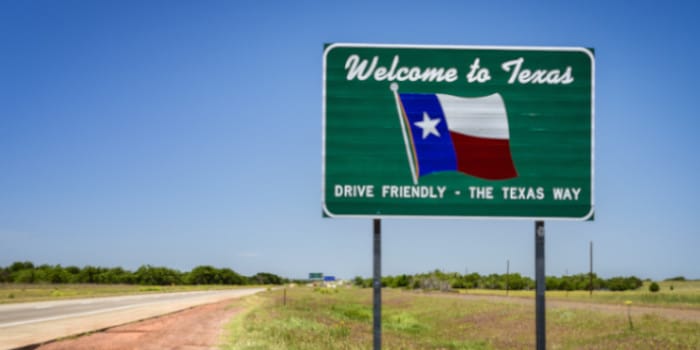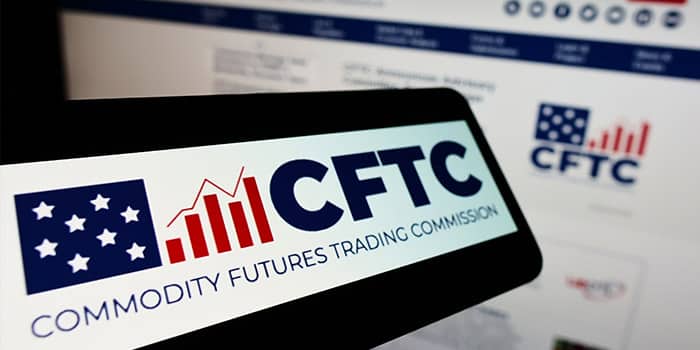- Casino
- By State
- Alabama
- Alaska
- Arizona
- Arkansas
- California
- Colorado
- Connecticut
- Delaware
- Georgia
- Florida
- Hawaii
- Idaho
- Illinois
- Indiana
- Iowa
- Kansas
- Kentucky
- Louisiana
- Maine
- Massachusetts
- Maryland
- Michigan
- Minnesota
- Mississippi
- Missouri
- Montana
- Nebraska
- Nevada
- New Hampshire
- New Jersey
- New Mexico
- New York
- North Carolina
- North Dakota
- Ohio
- Oklahoma
- Oregon
- Pennsylvania
- Rhode Island
- South Carolina
- South Dakota
- Tennessee
- Texas
- Utah
- Vermont
- Virginia
- Washington
- West Virginia
- Wisconsin
- Wyoming
- By State
- Slots
- Poker
- Sports
- Esports
Kickapoo Tribe in Texas May Expand Gambling under New Proposal
Amid plans for expansion of gambling in Texas, a new proposal seeks to ensure additional gambling activities for the Kickapoo Traditional Tribe

A recent joint resolution proposes to enable the tribal organization to ink a gaming compact, enabling it to expand its offering while Texas lawmakers try to continue to explore options for additional gambling activities. The new proposal, backed by Sen. Roland Gutierrez and Rep. Eddie Morales seeks to enable the Kickapoo Traditional Tribe of Texas to establish a gaming compact with the state.
Currently, the Tribe operates the sole Texas tribal casino location, The Lucky Eagle Casino. The venue offers poker, bingo and keno, which are casino games that fall under Class II. However, if the proposed Senate Joint Resolution 30 (SJR 30) gains traction and receives approval, it would enable The Lucky Eagle Casino to introduce Class III casino gaming activities. Such may include craps, slots and sports betting.
But before being able to introduce those activities, SJR-30 needs to attract a majority not only in the Senate but the House as well. The proposal would also seek Gov. Greg Abbott to enable it for a vote by Texas residents. SJR 30, if approved, would allow the Kickapoo Tribe to introduce any gambling activity that is offered within 200 miles of its reservation.
“If, after January 1, 2024, this state by general law or constitutional amendment authorizes video lottery terminals, slot machines, or other forms of gaming not otherwise authorized before that date within 200 miles of the boundary of the reservation of the Kickapoo Traditional Tribe of Texas near Eagle Pass, Texas, the tribe is authorized to offer the same types of games or devices as authorized under that law or amendment at a location designated by the tribe,“
reads Senate Joint Resolution 30
Gambling Expansion Efforts in Texas Continue
A separate proposal, pre-filed by Sen. Carol Alvarado, Senate Joint Resolution 17 (SJR 17), proposes a statewide expansion of casino gambling, as well as sports wagering. The resolution proposes to create a gambling regulator in the state and introduce casino gambling within resorts. Those resorts are expected to boost tourism in different areas and at the same time bring proceeds from the taxation of gambling activities.
Still, SJR 17 doesn’t propose a complete liberalization of the market but establishes a framework that enables casino gambling within specific facilities. The locations that are likely to have casino resorts include major cities such as Houston, Austin, and Dallas. Now, the new proposal aims to ensure that the Kickapoo Tribe doesn’t get left behind and tap into gambling activities that can bring economic stimulus for itself and the region.
Related Topics:
Jerome brings a wealth of journalistic experience within the iGaming sector. His interest in the industry began after graduating from college, where he regularly participated in local poker tournaments. This exposure led him to the growing popularity of online poker and casino rooms. Jerome now channels all the knowledge he's accrued to fuel his passion for journalism, providing our team with the latest scoops online.
Must Read
More Articles




Casino
April 18, 2025
Florida HB Seeking to Upgrade Illegal Gambling Punishments

Legal
April 17, 2025
Appeal to Keep Evolution’s Accuser Anonymous Denied

Lottery
April 17, 2025
CTLC Says Its Members Didn’t Violate the Texas Law














